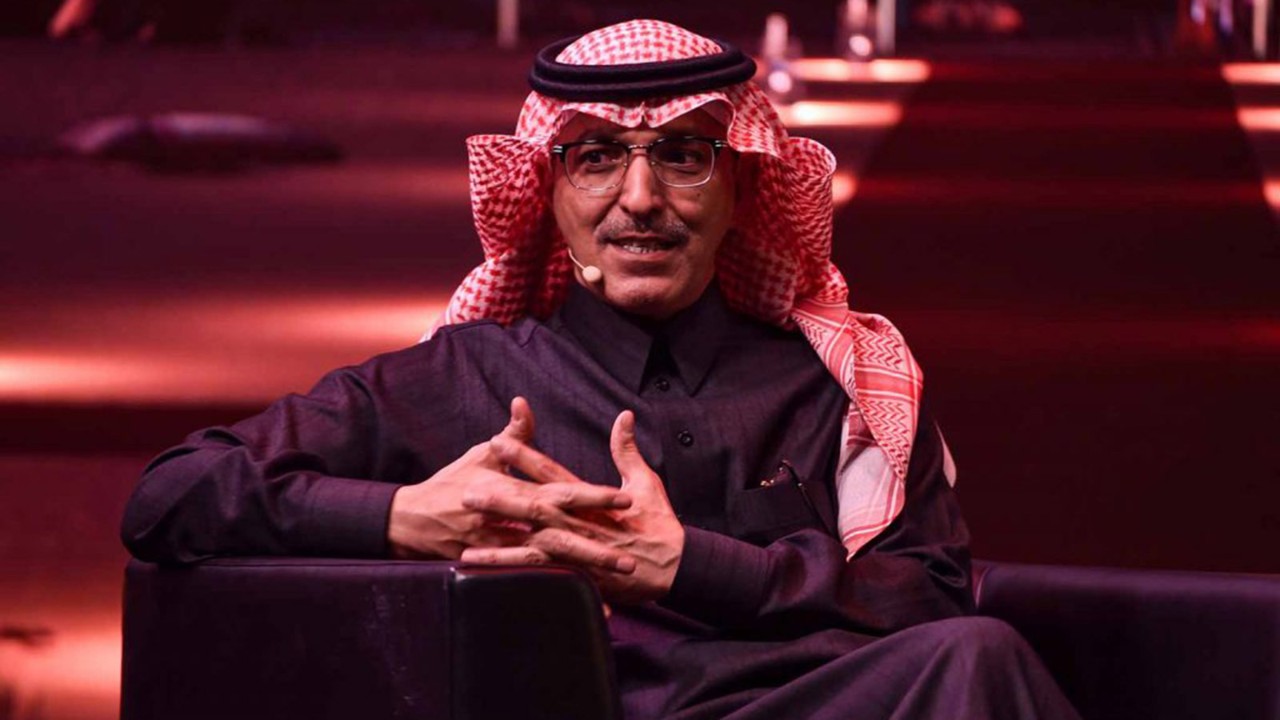
An announcement by the Saudi minister of finance earlier this year could herald sweeping changes for businesses and executives across the Gulf Cooperation Council, and have particular ramifications for Dubai, the current centre of business and finance in the region.
Speaking to Reuters in February 2021, the minister, Mohammed al-Jadaan, confirmed that from 1 January 2024 international companies wishing to participate in the Saudi government’s investment opportunities will be required to move their regional headquarters to Saudi Arabia. The scheme is part of a wider government plan to create jobs for local nationals by attracting global groups to relocate to the kingdom, dubbed ‘Project HQ’ by regional media.
‘For companies coming into the region, you really need to go there and spend time with clients so they understand you are committed to the region’
‘If a company refuses to move its headquarters to Saudi Arabia it is absolutely its right and it will continue to have the freedom to work with the private sector in Saudi Arabia,’ al-Jadaan told Reuters. ‘But as long as it is related to government contracts, it will have to have its regional headquarters here.’
According to local media, the Royal Commission for Riyadh has set a target of attracting up to 500 foreign companies to establish their regional HQ in the capital over the next 10 years. Twenty-four have already confirmed they will, among them PepsiCo, Schlumberger, Deloitte, PwC, Bechtel and Bosch.
The allure
The minister’s forceful statement is both risky and bold, a carrot-and-stick approach intended to bring in companies with interests in government projects. The sectors involved are wide ranging and include energy, tourism, engineering and, of course, construction – the kingdom’s megaprojects are a headline act in its country-wide makeover (see boxout).
Saudi’s ambitious job creation plans hold undeniable allure for foreign businesses because of the lucrative contracts and huge investment potential on offer. However, there are myriad factors to consider when establishing a base in Saudi Arabia.
For finance professionals and businesses considering a move, familiarisation is key. ‘There is little substitute for relationship building,’ says David Mackenzie, group managing director of leading Middle East recruitment specialist Mackenzie Jones, which has worked with companies in Saudi Arabia for more than 15 years.
‘We have already established our own processes, but for companies coming into the region, you really need to go there and spend time with clients so they understand you are committed to the region.’
Not about the money
Executives in the UAE can command extremely lucrative tax-free salaries by accepting job offers in Saudi Arabia. But Mackenzie’s advice to accountancy professionals considering a move is to look at the bigger picture beyond the attractive packages being offered.
‘Make sure you go for the right career move,’ he says. ‘We see too many people moving just for the money and forgetting to question the culture and environment. We have traditionally focused on finding Saudi national talent, but we have seen a big increase in expat hiring over the last few years. The key to Saudi Arabia is being “present” in the market and adding value to their economy.’
The huge potential that Saudi Arabia represents makes it a compelling proposition to businesses and individuals alike. However, despite the fast pace of social and economic change in recent years, there is still a long way to go before its lifestyle can truly compete with more liberal rivals.
‘Saudi Arabia has been seen as something of a honey pot by consultancies that fly in and out,’ Mackenzie says. ‘This latest ultimatum is currently a “recommendation” and I see a number of companies setting up workspaces, but not really investing in local talent yet.’
The recruitment consultancy had itself planned to open a Saudi office in 2019 and, although the Covid-19 pandemic has delayed plans for many, Mackenzie predicts that incentives for businesses to establish in Saudi, especially those working with government entities, will continue.
In Riyadh’s close-to-completed King Abdullah Financial District, for example, incentives include a 50-year corporate tax waiver, a 10-year exemption from the country’s policy of Saudisation under which jobs must be reserved for Saudi nationals, as well as ‘preferential’ treatment in government contracts.
Saudi’s powerful and potentially provocative announcement has not gone unnoticed by neighbouring countries such as the UAE, which has already announced several major enhancements to its own business ecosystem this year, designed to attract and retain more investment.
Ultimately, though, healthy competition is good news for businesses with ambitions to grow in the region – and for professionals with a shrewd eye for an opportunity.
Jockeying for position
Saudi Arabia boasts the largest population in the Arabian Peninsula (35 million), but only 5% of regional offices are currently headquartered there. Despite having easily the biggest land mass in the MENA region, the country ranks only sixth in terms of GDP per capita in MENA.
The current de-facto economic capital of the Middle East is the United Arab Emirates, a country a fraction the size of Saudi Arabia. The Dubai International Financial Centre, established in 2004, is the leading financial hub for the Middle East, Africa and South Asia (MEASA) – a grouping that covers 72 countries with a nominal GDP of US$7.7 trillion.
However, all that is being challenged, thanks to Saudi Arabia’s Vision 2030, the audacious national master plan that aims to transform the socially conservative kingdom into a futuristic post-oil powerhouse and the region’s key economic, cultural and strategic nerve centre before its vast energy reserves are estimated to dwindle in around 220 years’ time.
It is hoped that Project HQ will create 35,000 jobs for Saudis and boost the national economy by up to SR70bn (US$18.67bn).



